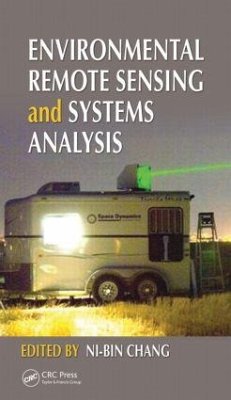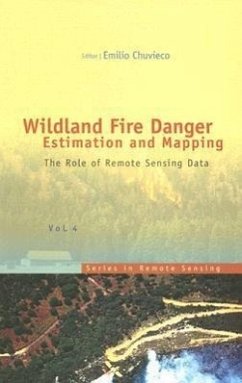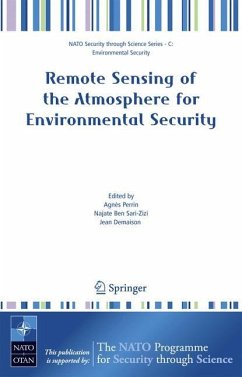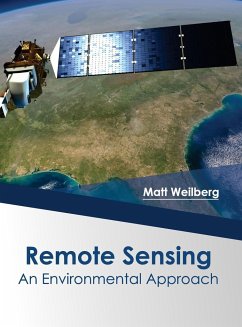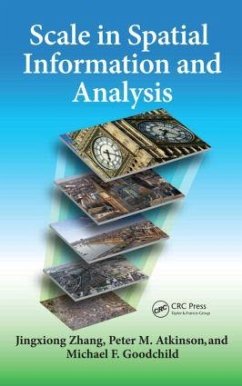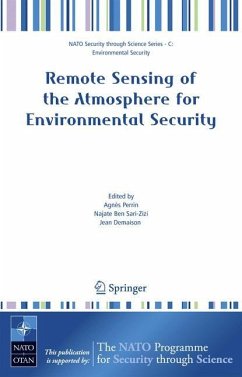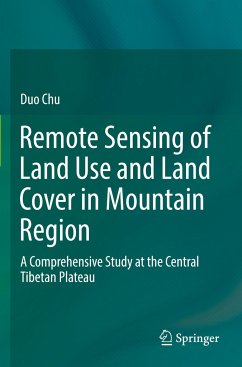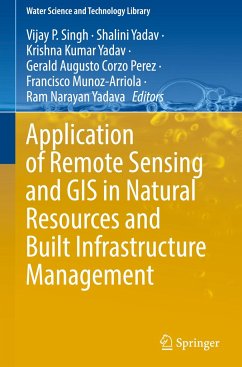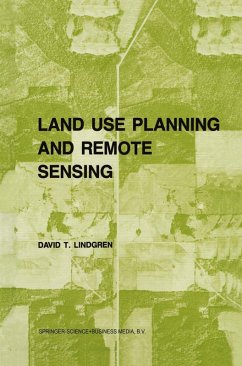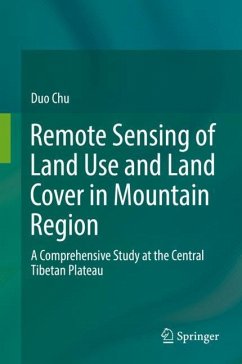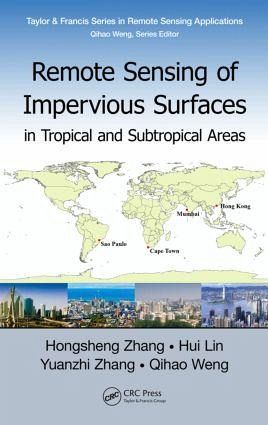
Remote Sensing of Impervious Surfaces in Tropical and Subtropical Areas

PAYBACK Punkte
80 °P sammeln!
Remote Sensing of Impervious Surfaces in Tropical and Subtropical Areas offers a complete and thorough system for using optical and synthetic aperture radar (SAR) remote sensing data for improving impervious surface estimation (ISE). Highlighting tropical and subtropical areas where there is significant cloud occurrence and varying phenology, the book addresses the challenges impacting impervious surfaces in tropical and subtropical zones. It examines the potential for estimating urban impervious surfaces in a rainy and cloudy environment, considers the difficulties encountered when using opti...
Remote Sensing of Impervious Surfaces in Tropical and Subtropical Areas offers a complete and thorough system for using optical and synthetic aperture radar (SAR) remote sensing data for improving impervious surface estimation (ISE). Highlighting tropical and subtropical areas where there is significant cloud occurrence and varying phenology, the book addresses the challenges impacting impervious surfaces in tropical and subtropical zones. It examines the potential for estimating urban impervious surfaces in a rainy and cloudy environment, considers the difficulties encountered when using optical remote sensing in this type of climate, and assesses existing methods employing remote sensing data for accurate ISE in tropical and subtropical regions. Using the results of comparative studies conducted during the four seasons and in six different cities (Guangzhou, Shenzhen, Hong Kong, Mumbai, Sao Paulo, and Cape Town), the authors develop a framework for ISE using optical and SAR image data. They address the advantages and disadvantages of optical and SAR data, consider fusion strategies for combining optical and SAR data, and examine different feature extractions for optical and SAR data. They also detail the limitations of the research, suggest possible topics for future analysis, and cover previous findings on the synergistic use of optical and SAR data. * Concentrates on the effect a tropical and subtropical urban climate can have on impervious surface estimation (ISE) * Reviews literature on the significance of ISE and the phonological and climatic characteristics of tropical and subtropical regions * Describes datasets including satellite data, digital orthophoto data, in situ data, and more Remote Sensing of Impervious Surfaces in Tropical and Subtropical Areas investigates the state of the art in creating new algorithms for digital images processing and remotely sensed images classification, as well as in developing the meteorological modeling of urban heat islands, and the hydrological modeling of surface run-off and urban floods.




